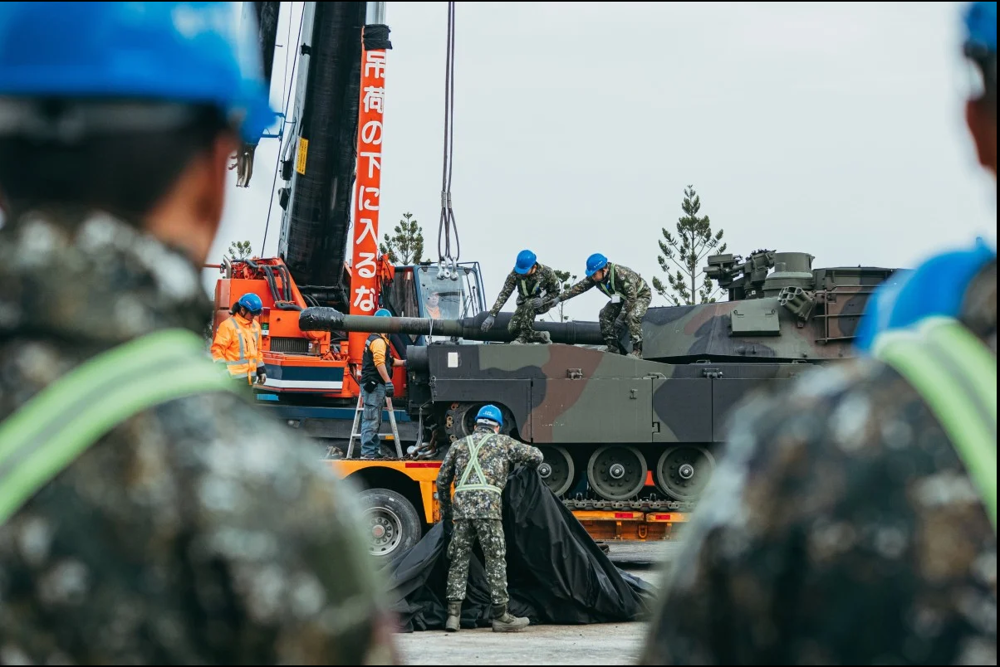China, Russia to invest up to $20bn in long-haul jet: Report
China and Russia have agreed on a joint venture to build a long-haul wide-bodied jet, competing with Boeing and Airbus which wield total control over the jumbo jet industry.
Beijing and Moscow will invest "up to $20 billion" to jointly make a jumbo jet, media reports said on Thursday.
“Each side will contribute half,” Russia's United Aircraft Corporation (UAC) president Yury Slyusar said, quoted by China's Global Times newspaper.
Commercial Aircraft Corporation of China (COMAC) and UAC agreed to build the plane in June when Russian President Vladimir Putin met his Chinese counterpart Xi Jinping in Beijing.
COMAC and UAC executives presented a mock-up of the jet for the first time in public at a ceremony during Airshow China in Zhuhai, Guangzhou Province on Wednesday.

COMAC said the joint venture, to be set up in Shanghai this year, aims to build a 280-seat wide-body jet with a range of 12,000 kilometers to be on a par with Boeing's 787 and the Airbus A350.
According to the companies' websites, the price of a 290-seat Boeing 787 is $264.6 million and a 280-seat Airbus A350 is $272.4 million.
Slyusar said their plane will be approximately 10 percent cheaper than those of the rivals. "COMAC has outstanding technology and designs and we will not only cooperate in technology but also in intellectual property."
COMAC said their plane will make its first flight in seven years and customer delivery will begin three years later.
Building commercial aircraft requires advanced technology. COMAC developed its single-aisle jet, the C919, last year and said it had received 570 orders from 23 customers.
The firm's regional jet, the 90-seat ARJ21, flew its first commercial flight in June.
Russia, however, is more advanced in this field and UAC enjoys the Sukhoi Superjet 100 in its report card.
"A wide-body jet is an extremely complicated product, which will require a lot of skills (to develop) and require broad industrial knowledge," Guo told reporters. "China and Russia each have their own advantages."

Beijing is looking to build up its domestic aerospace industry, with the sector among those highlighted in its "Made in China 2025" plan.
China is expected to become the world's largest aviation market, with its travelers taking to the skies in ever-growing numbers.
Airbus estimates China will need nearly 6,000 new planes worth $945 billion in the next two decades, with Boeing's forecast even more optimistic at more than $1 trillion.
Iran’s economy grew 2.7% y/y in Sep quarter: CBI
VIDEO | Freelancers in Gaza strive to stay online amid genocide
Mikati demands Israel's withdrawal from south Lebanon
Yemeni army strikes Israeli military sites with drones
‘Clock ticking’: UNRWA slams unjustifiable killing of children in Gaza
BP to be sued in Britain for supplying oil to Israel
VIDEO | Press TV's news headlines
Israeli strikes on north Gaza hospital ‘extremely dangerous, terrifying’: Director















 This makes it easy to access the Press TV website
This makes it easy to access the Press TV website